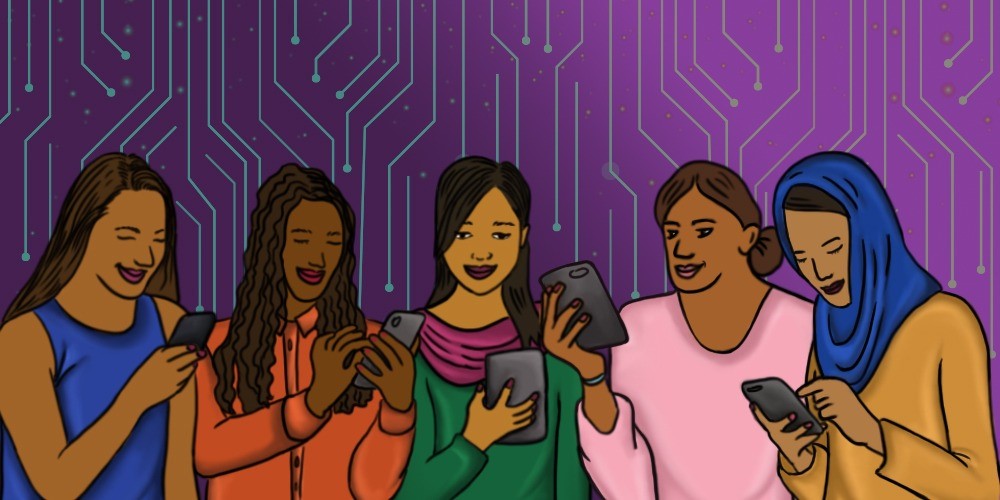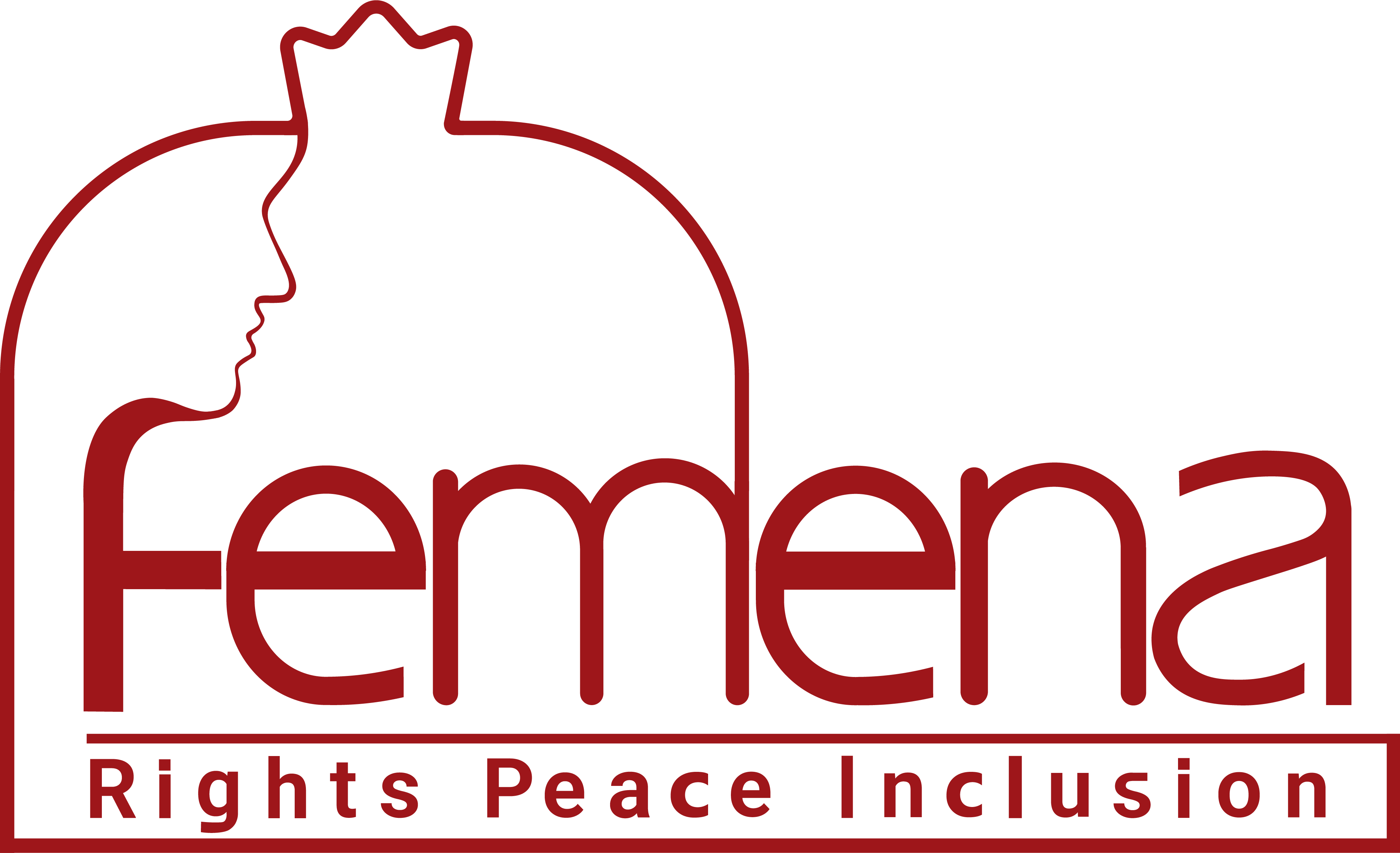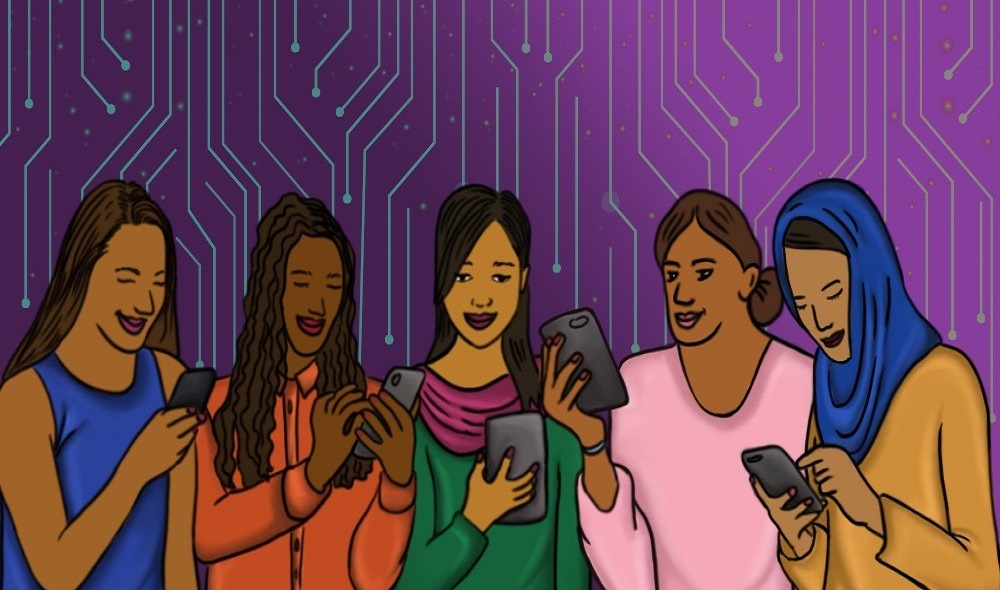
Author: Yara WHRD Center
In early 2023, the release on social media of a dance video of an 18-year-old girl from Sardarabad led to her murder at the hands of her father. She had been threatened and harassed for some time by a former colleague because she had rejected his marriage proposal. After the video was released, her father shot her. The murder of this 18-year-old girl reminded many women’s rights activists in Pakistan of Qandeel Baloch. Qandeel was a 26-year-old model who was killed by her brother for honor-based reasons. Sexual and gender-based violence is common in Pakistan, and as women’s presence in public spaces, both online and offline, increases so does gender-based violence. As a response to the situation of women in Pakistan, the Digital Rights Foundation was founded by feminist activist and lawyer Nighat Dad to protect women’s rights in online spaces. This organization has been effectively supporting women throughout Pakistan in the last decade.
A feminist initiative to protect digital rights
Digital Rights Foundation (DRF) aims to strengthen protections for human rights defenders with a focus on women’s rights in digital spaces through policy advocacy and raising digital security awareness. With concerns about privacy in digital spaces on the rise, DRF seeks to increase awareness about privacy issues and defend the right to privacy by research, monitoring, and reporting tactics around surveillance. One of the organization’s studies in 2020 found that 70% of Pakistani women have experienced some form of online harassment, 60% have experienced cyberstalking, 32% have been threatened with physical violence in online spaces, and 16% have reported that their private images have been published without their consent in online platforms. Therefore, DRF works to strengthen supportive mechanisms to protect human rights defenders (especially women’s rights advocates) in virtual spaces through research, awareness-raising, advocacy, and influencing policies.
As stated on the DRF website, the organization envisions a place where all people, especially women, are able to exercise their right to expression without being threatened. DRF believes that free internet with access to information and impeccable privacy policies can encourage a healthy and productive environment that would eventually help not only women but the world at large.
Workshops and training
As mentioned, one of the ongoing efforts of the Digital Rights Foundation is conducting educational workshops and training at different levels and for diverse groups of Pakistani women:
• Online Safety Workshop for Women in Pakistan: Women in Pakistan are the most frequent victims of cyber harassment. We provide training to ensure that they are aware of the risks involved and can use the internet without the fear of being constantly harassed. In this workshop, women are educated about their digital rights and the risks of being active in virtual spaces so that they can use the online space without fear of threats and constant harassment.
• Online Security Workshop for Journalists: In recent years, DRF has witnessed that journalists and activists are now more concerned about secure communications after the revelation of increased use of surveillance technologies in Pakistan. To cater to this need, DRF provides training and workshops for media houses, independent journalists & bloggers.
• Online Security Workshop for Human Rights Defenders and Advocacy Organizations: DRF conducts basic digital safety training to educate human rights activists and advocacy organizations around the country on methods to secure their online presence, safe storage of information, communications security, and tactics for prevention of cyber-harassment and to avoid digital surveillance.
Hamara Internet (Our Internet)
Hamara Internet is one of the campaigns launched by the Digital Rights Foundation. This pioneering campaign has a specialized focus on the increasing trends of online violence and technology-related abuse against women. Its goal is to transform the internet into a safe, secure, and inclusive space, particularly for women and sexual/gender minorities, and to build a widespread movement for the promotion of digital rights and the right to security in the digital world: “We do what we do because we know that the Internet has liberated our lives and of so many others, and we want the same for all women in Pakistan. As a largely marginalized segment of the society, we want to enable a platform for women to finally voice their dissent online. Women are intellectuals, scientists, business leaders and entrepreneurs too and we want Hamara Internet to act as inspiration for these women to make them realize their dreams through the Internet.”
In addition to holding educational workshops throughout Pakistan and launching awareness campaigns on social networks, Hamara Internet publishes monthly bulletins and consistently updates its blog with pieces on such topics as gender and technology, digital rights development, national and international decisions on issues related to digital security, regulations of social media platforms, and changes in related policies. This blog is a platform for women journalists and human rights defenders to express their ideas and opinions on issues related to the intersection of gender and technology and share them with others.
One of the most important efforts of this campaign is the launch of the first cyber harassment support hotline in Pakistan, called the “Cyber Harassment Helpline”, which offers free and confidential support services, including legal counseling, to online harassment victims. This hotline receives hundreds of reports of online violence, sextortion, and non-consensual disclosure of private images from women every month. DRF reported that these women face unimaginable fear and intimidation, and existing structural, social, and cultural barriers exacerbate the situation of online violence victims in Pakistan.
Self-help toolkits
Digital Rights Foundation also provides useful resources such as educational toolkits for online safety and security:
The Art of digital security for Pakistani Women: This guide includes important tips for digital security, such as device security, information backup and storage, password security, securing online accounts, using pseudonyms and anonymous identities online, and protecting oneself against online harassment.
Self-help toolkit for Mental Health: This toolkit emphasizes the importance of mental health, especially for women human rights defenders. It provides ways to identify psychological damage and fatigue caused by continuous activism and recommends individual and collective care solutions. Part of this guide discusses the psychological harms and effects of online violence and offers strategies for protecting mental health against cyberbullying.
Digital Detox and Self-Care: This toolkit focuses on the cruciality of self-care and mental health for journalists and human rights defenders, who face constant political, social, and security pressures. This guide offers strategies for establishing a healthy relationship with the internet and technology. Recommendations include protecting physical health against the effects of excessive use of smartphones and laptops, which can include eye dryness, headache, blurry vision, etc.
Anti-Cybercrime law in Pakistan
In February 2022, the government passed an ordinance amending the Pakistan Electronic Crimes Act, 2016 (PECA), to make online “defamation” of authorities, including the military and judiciary, a criminal offense with harsh penalties. The previous legislation has been used repeatedly to silence journalists and critics under the pretext of combating fake news and spreading falsehoods and provided a very broad and ambiguous definition of slander and defamation against individuals in the virtual space. The new law explicitly targets freedom of expression and the right to criticize.
Nighat Dad believes Pakistan’s cybercrime law leaves too much in the hands of law enforcement agencies and judges who are not well-versed in digital issues or respectful of the delicate balance between individual responsibility and the protection of individual freedoms. She states: “What the passage of the PECA tells us about digital governance is that the government is still going about it the wrong way. Draconian and punitive measures within the PECA are, in some cases disproportionate to the acts they describe. It tells us that the government’s answer to tackling digital terrorism is to censor and block and to give “authorized officers” very broad and reaching powers to do so without taking onboard concerns about digital privacy, safety, and freedom of speech online.”
Dad explains that “national security has always been a good excuse for increasing surveillance at the cost of human rights. And there are those that believe that the only way to protect citizens is to monitor them, even if it means that they have no privacy and no assurance that they will not be arrested for saying the “wrong” thing.” These complexities recall the importance of feminist organizations from below in fights against digital violence, particularly in countries with non-democratic governments and repressive environments that do not adhere to human rights values.


